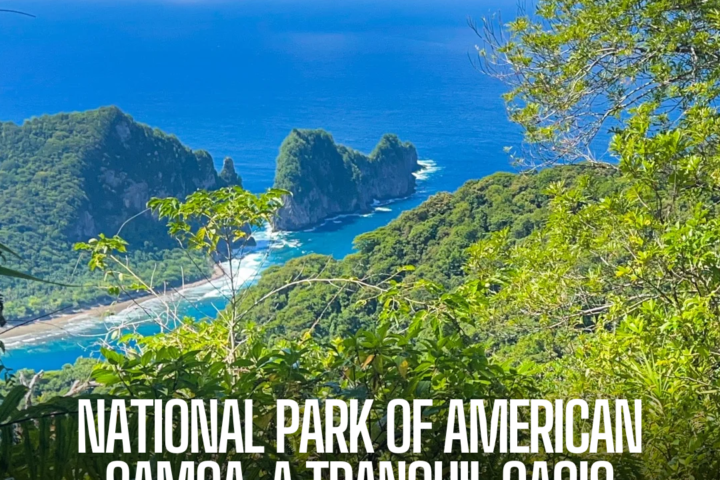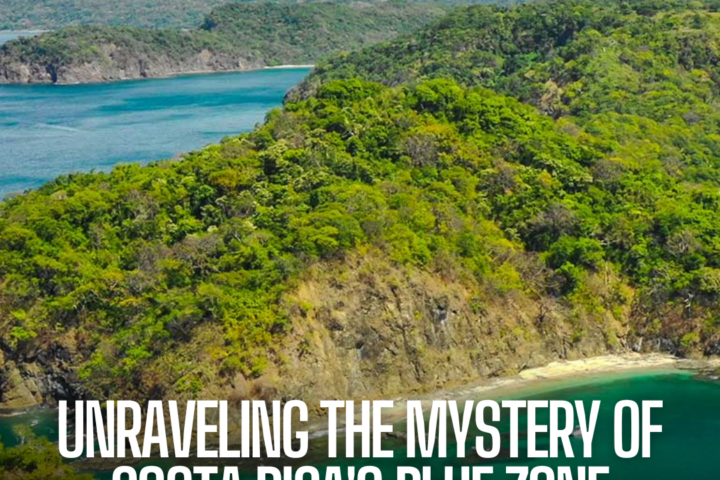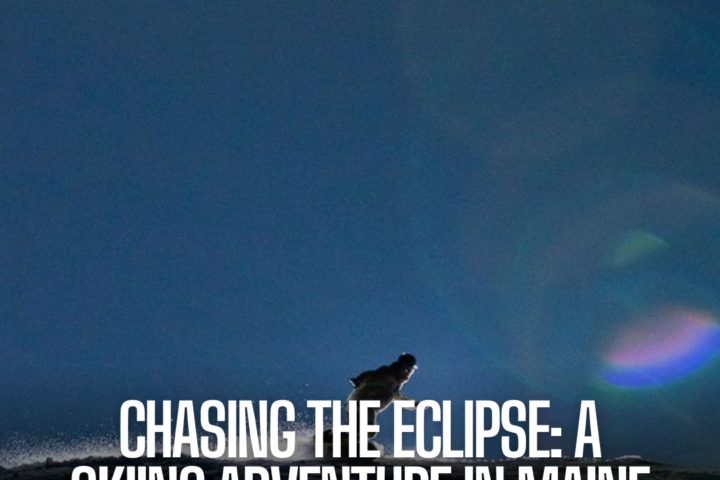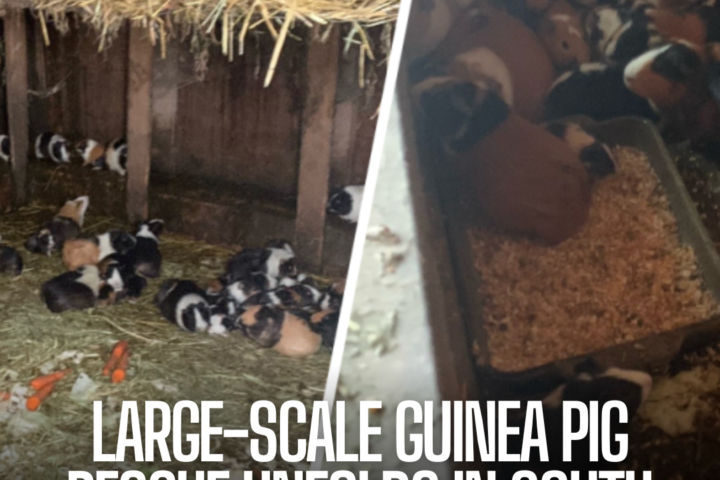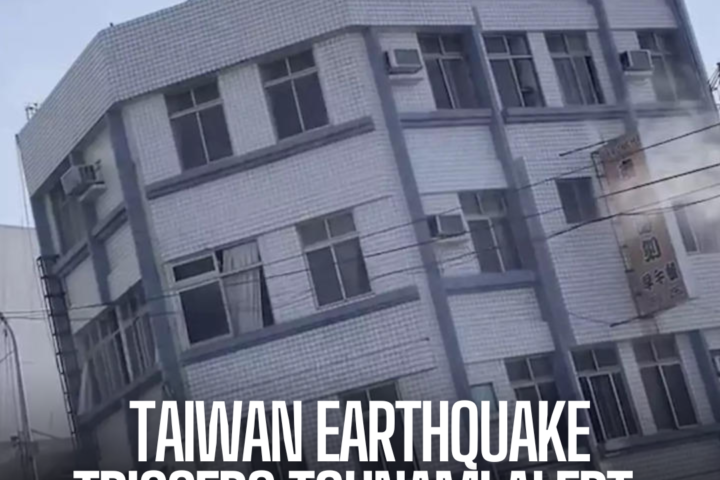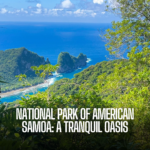In Spain’s Lanzarote Island, conical holes made into layers of volcanic ash harvest wines that have been formed from generations of creativity and hard work.
From a distance, Lanzarote’s vineyards appear stark against the jet-black terrain, punctuated by cone-shaped hollows. The island’s volcanic landscape, shaped by more than 300 lava spewers, earned it the nickname “Volcano Island.”
A History of Fire
Situated just 127km from Africa, Lanzarote is the easternmost of the Canary Islands. It has been shaped by a history of volcanic activity, with eruptions in 1730 and subsequent years leaving a lasting impact on the island’s environment and inhabitants.
Transformation Through Disaster
The eruptions of 1730-1736 devastated Lanzarote, covering a quarter of the island in lava and causing widespread destruction. Villages were destroyed, leading to famine and mass emigration. However, the volcanic ash left behind would prove to be a blessing in disguise.
Evolution of Winemaking
Also read: Taylor Swift’s unreleased album leaks online
While wine production in the Canary Islands dates back to the 15th Century, it was the eruptions of 1730 that sparked innovation in winemaking on Lanzarote. Previously, wine was made only for personal consumption, but the disaster forced residents to adapt.
Adaptation and Innovation
In the aftermath of the eruptions, residents of Lanzarote turned to grapevines as a resilient crop that could thrive in the volcanic soil.
They discovered that the picón, or volcanic ash, provided unique benefits to grape cultivation, transforming Lanzarote into a wine-producing region.
The Secret Ingredient
The volcanic ash, once dreaded for its destructive force, became the secret ingredient behind Lanzarote’s distinctive wines. It contributed to the unique terroir of the island, producing grapes with complex flavors and characteristics found nowhere else.


